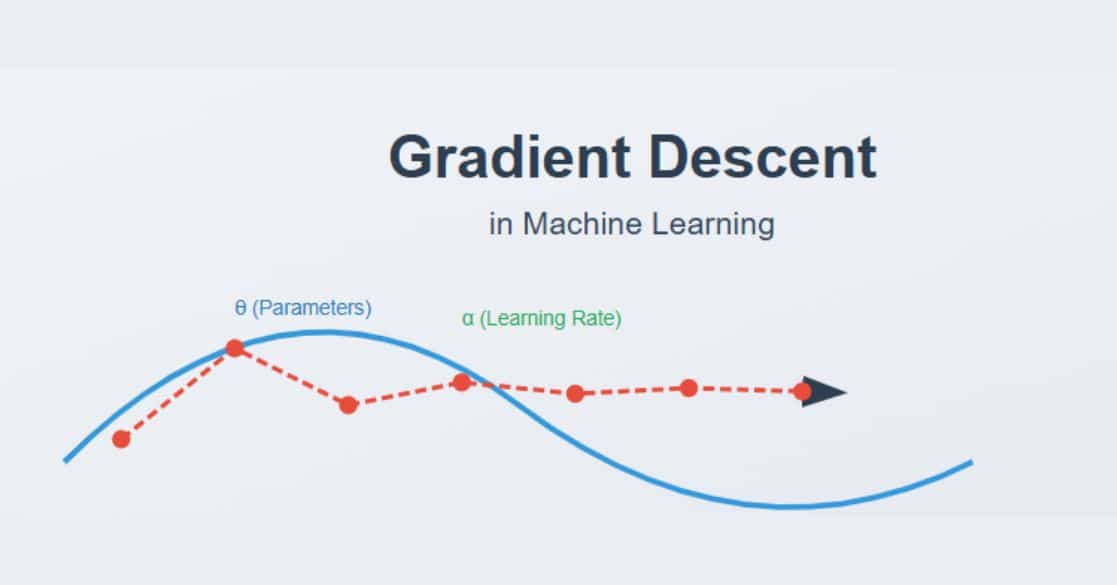Deep learning is a subset of machine learning in AI that contains networks that are equipped to learn from unsupervised data. It is inspired by the functioning of the human brain for processing information and decision-making purposes. Also, it is popularly known as deep neural learning or deep neural network. It makes use of algorithms that help in development of models that are capable of predicting better outcomes, which helps the decision making process for any business. To understand more about deep learning, You can take up Introduction to deep learning for free and get a certificate.
Deep learning applications are used in different types of industries. One of the examples is: Automated Driving. Research is in progress that makes use of deep learning to detect pedestrians, signs, and traffic lights. This will not only help in leveraging the power of artificial intelligence but also ensure that there are lesser road accidents.
Considering the impact of deep learning in the world, we decided to bring you 7 deep learning tools that you should know in 2025. Let’s get started.
1. H2O.ai
H2O is a deep learning tool that was built from scratch in Java and follows a seamless integration with other open source products like Apache Hadoop and Spark. It has an easy to use Web UI and is massively scalable in big data analysis.
An open source deep learning tool, H2O supports most widely used machine learning algorithms. It is a fast, scalable machine learning application interface used for deep learning, elastic net, logistic regression, gradient boosting; to name a few. Thanks to H20, it is easier for anyone to apply machine learning algorithms and predictive analytics to solve any business problem.
2. TensorFlow
TensorFlow is a deep learning tool that was written in highly-optimized C++ and CUDA (Nvidia’s language for programming GPUs) and provides an interface to languages like Python, Java, Go. It is an open-source library that was developed by the tech giant, Google, for the smooth running of deep learning applications.
TensorFlow makes it fairly easy for beginners and even experts to create machine learning models for mobile, web, desktop, and cloud.
It is also used to create large-scale neural networks with multiple layers. If you want to solve deep learning or machine learning problems like Classification, Perception, Understanding, Discovering, Prediction and Creation, TensorFlow is the right deep learning tool for you.
3. Keras
Keras is a high-level neural network API that is capable of running on top of TensorFlow or Theano. It is written in Python and was developed mainly on enabling faster experimentation. Keras deep learning library allows the user for easier and faster prototyping with the use of modularity, minimalism and easy extensibility.
Keras is a deep learning tool that supports recurrent networks and convolutional networks individually as well as in the combination of the two. It also supports multi-input and multi-output training. It follows best practices for reducing cognitive load by offering consistent and simple APIs. Furthermore, it minimizes the number of user actions that are needed for common use cases and provides a clear feedback upon detection of any error.
4. Caffe
Caffe is a deep learning tool whose framework is built with expression, speed and modularity in consideration. Developed by the Berkeley AI Research (BAIR)/The Berkeley Vision and Learning Center (BVLC) and community contributors, it is also an open source deep learning tool.
Its expressive architecture allows for application and innovation to propagate. Caffe is used in academic research, startup prototypes and large-scale industrial applications in speech, vision, and multimedia. Caffe has more performance than TensorFlow by 1.2 to 5 times, based on the internal benchmarking in Facebook.
5. DeepLearningKit
DeepLearningKit is an open source deep learning tool for Apple’s iOS, OS X, tvOS, etc. The main idea behind its creation was to support pre-trained models on all the Apple devices that have a GPU. This deep learning tool is developed in Swift and can be used on device GPU to perform low-latency deep learning calculations. DeepLearningKit supports Convolutional Neural Networks too. Its vision is to support other deep learning tools like Torch and TensorFlow.
6. Torch
Torch is an efficient open source program that uses a LuaJIT scripting language and C/CUDA implementation. If you are using this deep learning tool, you will be able to take advantage of its powerful features like: multiple routines for indexing, transposing, slicing, amazing interface to C via LuaJIT, neural network. It offers fast, efficient GPU support and is easily embeddable that makes it easier to work with iOS, Android, FPGA.
7. Theano
Theano is a Python library that is used to evaluate mathematical operations including multi-dimensional arrays. It is mainly used in building deep learning projects and is way faster on a GPU than a CPU. With its use, it is possible to attain speed that rivals self-made C implementations for problems that involve large amounts of data.
Conclusion
Here were some of the best deep learning tools that you should know in 2025. Though this list is by no means exhaustive! There are more deep learning tools in the market but these are the ones that are used the most.These deep learning tools help solve real world problems and their knowledge can help you become job ready with appropriate AI skills.
If you are interested to know more about the field of AI and machine learning, check out our Post Graduate Program in Artificial Intelligence & Machine Learning: Business Applications. It is a 6-month program by McCombs School of Business at The University of Texas at Austin.
Discover a world of opportunity with our free online courses. From Cybersecurity to Management, Cloud Computing to IT, and Software, Artificial Intelligence and Machine Learning, we offer a diverse range of industry-relevant domains to choose from. Our courses are designed to provide you with the skills and expertise necessary to thrive in your chosen field.









